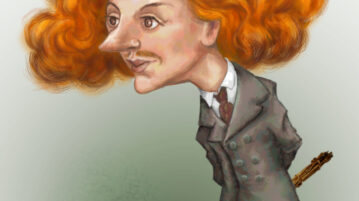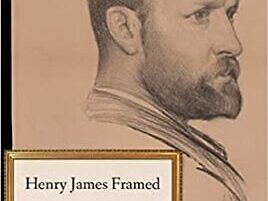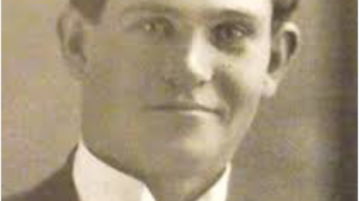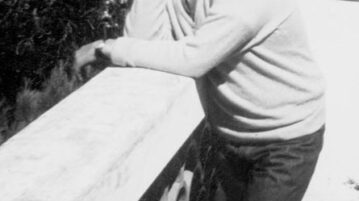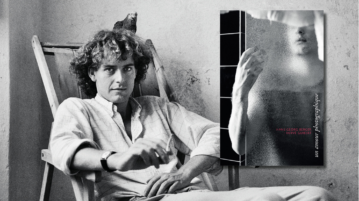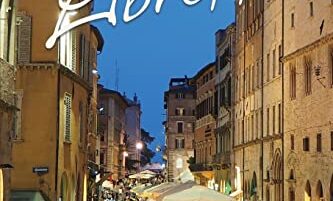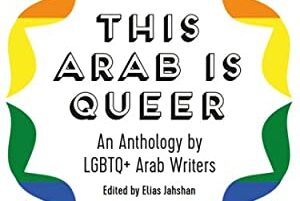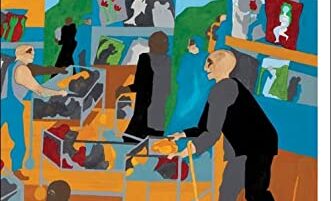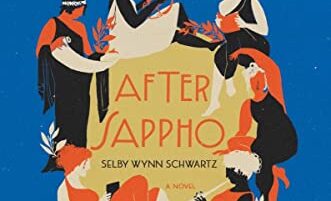George Cecil Ives: Out Poet, Lover of Bosie
I came across George Cecil Ives while looking for material about sports at the turn of the 20th century. Ives was a huge fan of cricket and kept meticulous records for numerous matches in his scrapbooks. He would later become, inadvertently, the first openly gay first-class cricketer when he took to the field himself …
More

